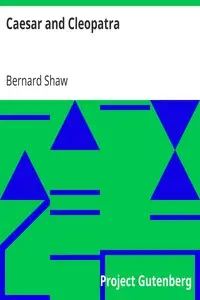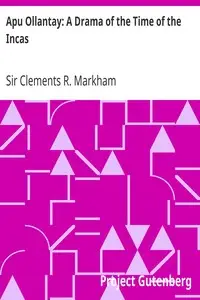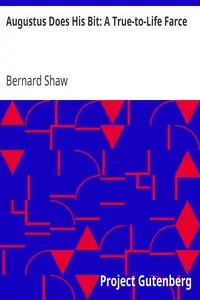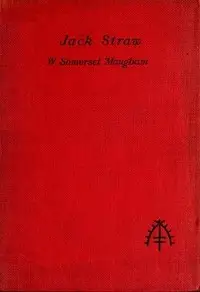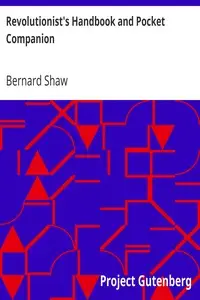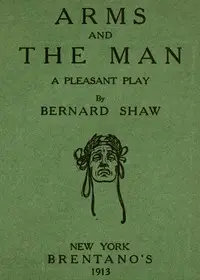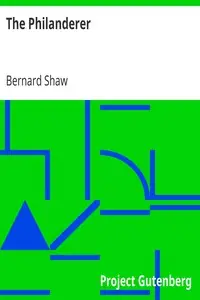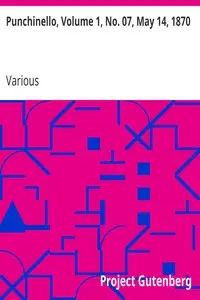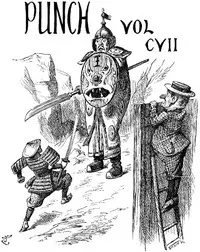"The Inca of Perusalem: An Almost Historical Comedietta" by Bernard Shaw uses comedy to poke fun at politics and society during World War I. The play centers on Ermyntrude, whose life turns upside down when she gets mixed up with the Inca of Perusalem and the possibility of marrying one of his sons, leading to many funny conversations, especially with the Inca. This character isn't what people expect, and the story showcases Ermyntrude's independent spirit as she challenges the usual roles for women and questions the value of nobility and power. Through witty talk and funny situations, Shaw makes the audience laugh while also making them think about what power really means and how people behave during times of trouble.

The Inca of Perusalem: An Almost Historical Comedietta
By Bernard Shaw
A clergyman's daughter finds herself at the center of political intrigue when she is offered as a bride to a foreign ruler, revealing the absurdity of war and power through sharp wit and unexpected romance.
Summary
About the AuthorGeorge Bernard Shaw, known at his insistence as Bernard Shaw, was an Irish playwright, critic, polemicist and political activist. His influence on Western theatre, culture and politics extended from the 1880s to his death and beyond. He wrote more than sixty plays, including major works such as Man and Superman (1902), Pygmalion (1913) and Saint Joan (1923). With a range incorporating both contemporary satire and historical allegory, Shaw became the leading dramatist of his generation, and in 1925 was awarded the Nobel Prize in Literature.
George Bernard Shaw, known at his insistence as Bernard Shaw, was an Irish playwright, critic, polemicist and political activist. His influence on Western theatre, culture and politics extended from the 1880s to his death and beyond. He wrote more than sixty plays, including major works such as Man and Superman (1902), Pygmalion (1913) and Saint Joan (1923). With a range incorporating both contemporary satire and historical allegory, Shaw became the leading dramatist of his generation, and in 1925 was awarded the Nobel Prize in Literature.

